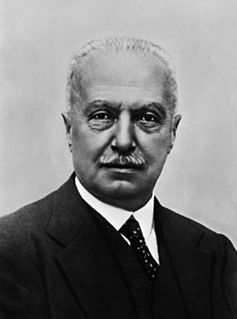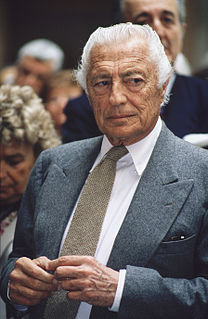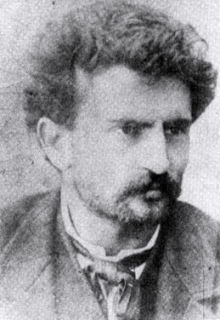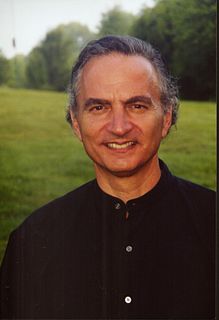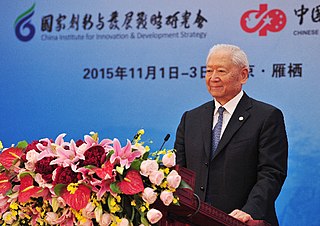A Quote by Karl Marx
In this sense, the theory of the Communists may be summed up in the single sentence: Abolition of private property. - Manifesto of the Communist Party
Related Quotes
I have no concern with any economic criticisms of the communist system; I cannot inquire into whether the abolition of private property is expedient or advantageous. But I am able to recognize that the psychological premisses on which the system is based are an untenable illusion. In abolishing private property we deprive the human love of aggression of one of its instruments... but we have in no way altered the differences in power and influence which are misused by aggressiveness.
Anarchism is the abolition of exploitation and oppression of man by man, that is, the abolition of private property and government; Anarchism is the destruction of misery, of superstitions, of hatred. Therefore, every blow given to the institutions of private property and to the government, every exaltation of the conscience of man, every disruption of the present conditions, every lie unmasked, every part of human activity taken away from the control of the authorities, every augmentation of the spirit of solidarity and initiative, is a step towards Anarchism.
The difference between [socialism and fascism] is superficial and purely formal, but it is significant psychologically: it brings the authoritarian nature of a planned economy crudely into the open. The main characteristic of socialism (and of communism) is public ownership of the means of production, and, therefore, the abolition of private property. The right to property is the right of use and disposal. Under fascism, men retain the semblance or pretense of private property, but the government holds total power over its use and disposal.
Suggestion of the Communist Manifesto was 'abolition of all right of inheritance.' Looking backward upon the past history of estate taxes, we have to realize that they more and more have approached the goal set by Marx. Estate taxes of the height they have already attained for the upper brackets are no longer to be qualified as taxes. They are measures of expropriation.
One ideological claim is that private property is theft, that the natural product of the existence of property is evil, and that private ownership therefore should not exist... What those who feel this way don't realize is that property is a notion that has to do with control - that property is a system for the disposal of power. The absence of property almost always means the concentration of power in the state.


